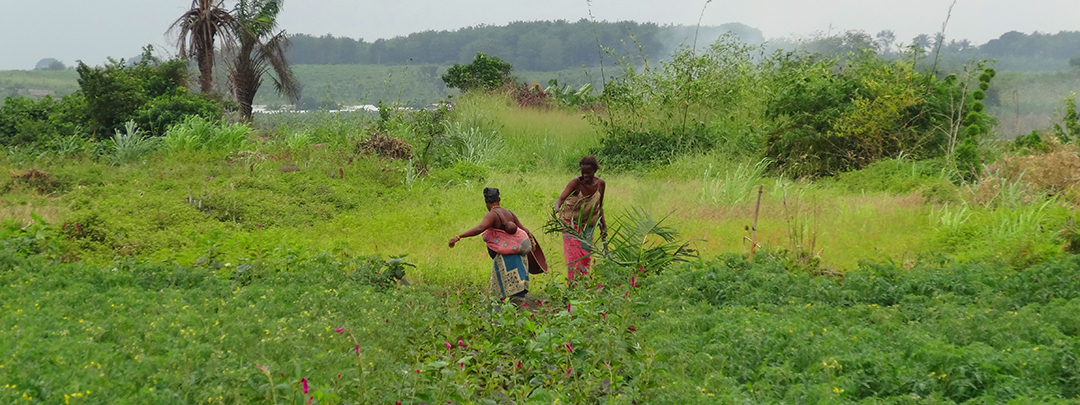The Compounding Impacts of Climate Change and Environmental Degradation on the Insecurity of Indigenous Women in West Papua
Author(s): Szilvia Csevar
Date: 2020
Topics: Climate Change, Data and Technologies, Gender, Livelihoods
Located on the western half of the island of New Guinea, West Papua* is a militarized territory, site to a long-term conflict between Indonesia and the indigenous Papuans seeking self-determination. The ongoing conflict is fueled in part by long-standing grievances over the Grasberg mine (which contains significant reserves of copper and gold), as well as the legacy of colonialism on the inequitable allocation of land and resources, and environmental degradation caused by the mining and palm oil sectors.
These challenges are compounded by the impacts of changing weather patterns, which have put additional stress on the region’s rapidly depleting natural resource base, contributing to the loss of livelihoods and food security challenges. This has created a new dependency on imported foods, rapidly replacing traditional subsistence living. Additionally, unusually heavy rainfalls frequently cause floods and landslides. Such disasters have killed many, left entire communities displaced and severely damaged food crops.
Indigenous Papuan women, whose traditional roles include providing food for their families through small plot agriculture and forest management, have been disproportionately affected by the impacts of environmental degradation, exacerbated by a changing climate. This has compounded other vulnerabilities linked to insecurity and a strong military presence, including rampant sexual violence and marginalization, as well as land grabbing and displacement. Sexual violence on indigenous Papuan women has been frequently employed as a method of chasing away communities from their traditional lands in order to expand extraction activities.
While Papuan women play a key role in caring for the community’s food gardens and forests, they possess no rights of ownership to the land and natural resources. When these lands are lost, by force or when they are sold by male family members to extractive industries, whole communities are displaced. This has a profound impact on indigenous women, whose native lands are deeply embedded in their cultural and ethnic identity, and who are dependent on access to land to carry out their prescribed roles. Displacement also puts women at further risk of violence.
